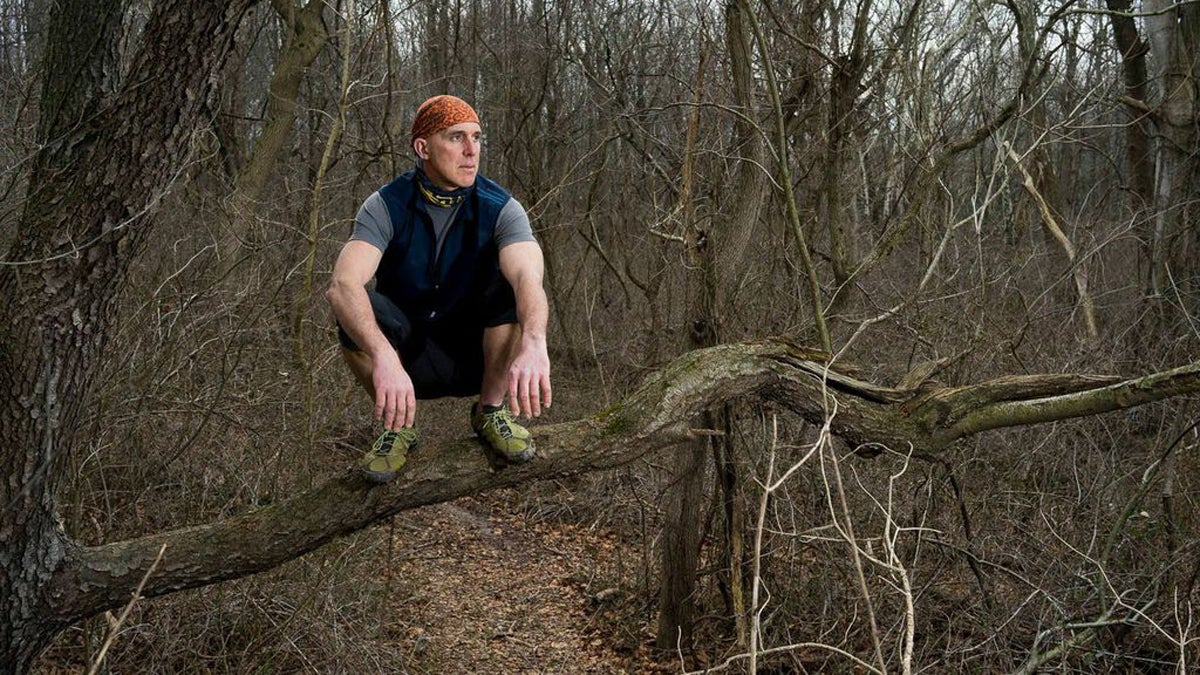What we can learn about strength through ancient Greek heroes and Parkour
Listen
Chris McDougall
So much of being healthy can sound like a total drag, right? But what if we took some tips from everyday super humans?
So much of being healthy can sound like a total drag, right?
Christopher McDougall, author of the bestseller “Born to Run” wants to return the fun and joy into fitness and exercising. His new book “Natural Born Heroes” explores what we can learn from everyday super humans.
His inspiration came from a time and place far, far away: a group of outlaws on a Greek island during World War II.
“My favorite one was being fat-adapted,” says McDougall. “To be fat-adapted means you weren’t constantly reliant on a steady stream of sugars, like most of us are.”
Essentially, they used fat as fuel – the slowest burning and most energy efficient fuel that our bodies have.
“You can see a good example if you ever watch the leaders at the front of the marathon and then everyone behind the leaders. The leaders look effortless, they’re barely moving–essentially just bouncing along. And then the rest of us are just pushing ourselves along with heavy muscular exertion,” McDougall says.
Those marathon winners are using elastic recoil energy. We can tap into it too, he adds, just by changing our bodily form to use that bounce instead of constantly shoving ourselves forward.
In “Natural Born Heros,” McDougall explores Parkour, which is an activity that uses acrobatic techniques to navigate through obstaces. McDougall calls it the science of natural flow.
“It’s a change of mindset, it’s not a change of gear,” he says. “You don’t buy anything, but you just change the skill.”
So as a society, are we thinking about exercise all wrong?
McDougall says yes. He recommends exercising in natural environments and staying far away from the gym.
“They’re not there to actually let you exercise in an efficient manner. They’re there to put as many bodies in a restricted place as possible, so you’re restricted to machines which isolate your movements, because it makes you feel you did something even though it’s utterly useless,” he says.
WHYY is your source for fact-based, in-depth journalism and information. As a nonprofit organization, we rely on financial support from readers like you. Please give today.



